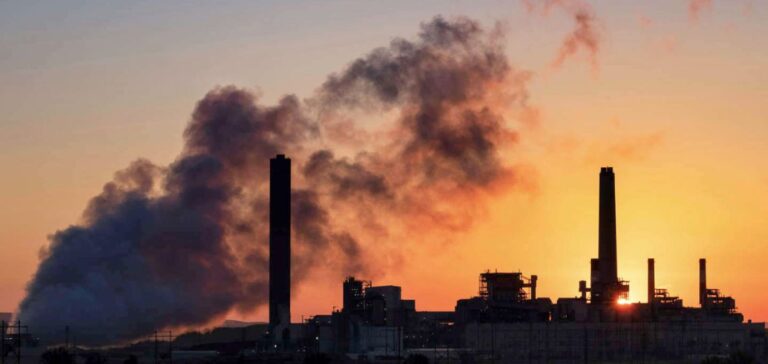A report released Tuesday found that banks invested 81 cents in low-carbon energy supply for every dollar invested in fossil fuels in 2021. While this is an improvement over the past, BloombergNEF energy analysts suggest that banks will still need to step up their commitments to help the world meet its climate goals.
Investing in renewable energies to limit global temperature increase
To limit the global temperature increase to 1.5°C above the pre-industrial average, climate scenarios suggest that the world must invest $4 in renewable energy for every $1 invested in fossil fuels by 2030. The BloombergNEF report compiles data from 1,142 banks to assess whether they are aligning their funding with the 1.5 degree goal and the real economy.
Bank financing for low-carbon energy supply
In 2021, bank financing for energy supply totaled $1.9 trillion, with just over $1 trillion going to fossil fuels and $842 billion to low-carbon energy projects and businesses. The bank financing ratio of 81 cents to $1 was lower than the global energy supply investment ratio of 90 cents to $1.
The funding ratios of the different banks varied, reflecting geographic focus, customer bases and strategies. Royal Bank of Canada had a ratio of 0.4 and JP Morgan of 0.7, compared to 1.7 for BNP Paribas and 2.2 for Deutsche Bank.
JP Morgan said it aims to extend $1 trillion to green initiatives by 2030, while RBC did not respond to requests for comment.
The report’s findings differ from another study released by environmental groups last month, which said the share of bank financing going to renewable energy had stagnated. However, BloombergNEF said its research covered the financing of many more banks than other studies.
Future prospects
While a rebound in fossil fuel investment is expected to counter the disruption caused by Russia’s invasion of Ukraine, BloombergNEF CEO Jon Moore noted a 15% increase in 2022 in investment in low-carbon energy supply. Banks will need to step up their commitments in the coming years.






















